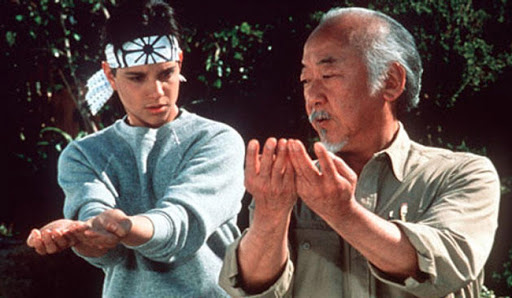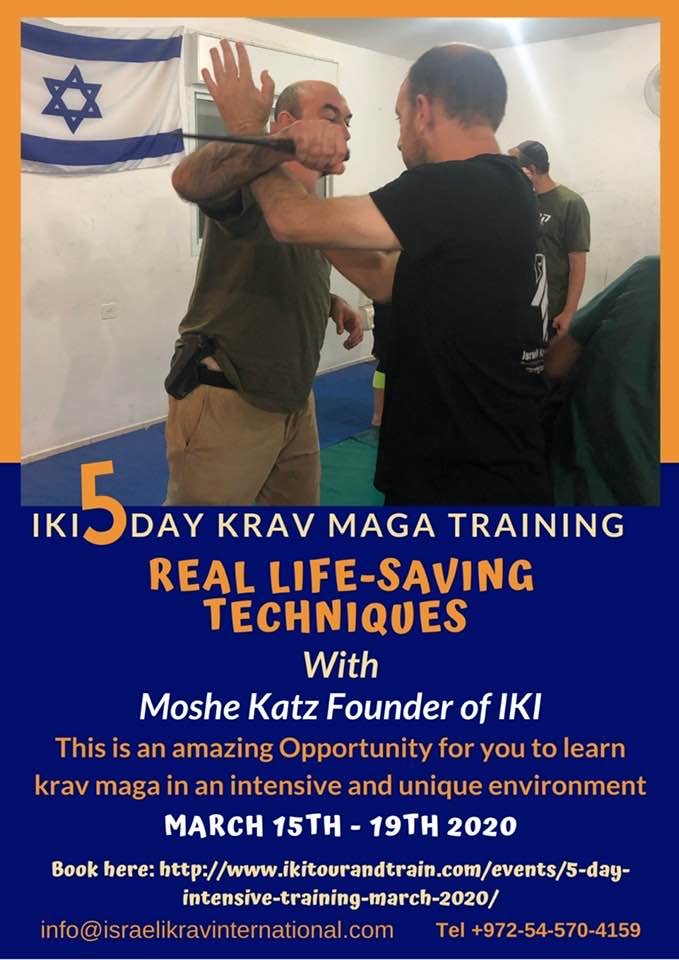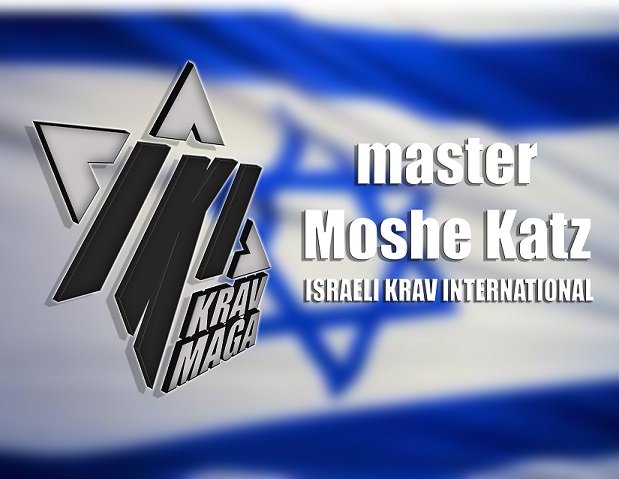- Home
- Krav Maga Blog
- Krav Instructors
- Train in Israel
- Tour Train Israel
- Krav Shop
- DVD
- Kickboxing
- IKI Near Me
- Seminars
- IKI Membership
- On-Line Training
- Krav Maga Training
- Testimonials
- History Krav Maga
- Instructors Page
- Past Blogs
- Spanish
- Italian
- Certification
- Contact
- Holland Seminar
- Vienna Seminar
- Poland Seminar
- Italy Seminar
- Belt Requirements
Questioning Techniques
By Moshe Katz
CEO
Israeli Krav International
February 6, 2020, Decatur, Illinois, United States of America

The teacher student relationship, imparting wisdom, life lessons.
I was asked a question. And it was a good one. It comes from one of our instructors. The question was about a question; how do we deal with students who ask questions?
Now on one hand we do encourage questions and we also encourage questioning. What is the difference between those two?
Questions are simple; a student does not fully understand a technique, so he asks. That is fairly simple. Questioning is when he doubts the technique.
Doubting the technique is also OK, that is part of the growing process. We doubt something, we question it and we grow. We are not advocating blind allegiance to outdated systems. This is not Feudal Europe and we are not surfs. IKI is based on doubting the "gospel" of other Krav Maga systems that we have not found satisfying. However there is a point where doubting interferes with teaching and learning and this leads us to our excellent question.
Moshe...
I'm sure you've also dealt with and hopefully have advice for is a student that is becoming proficient and confident. Confident to the point of second guessing verbally a technique that you have already carefully gone over again and again.
Advise please...
I am addressing this issue in a blog because I feel it is a question that all of us instructors face at some point. The answer requires wisdom and patience, it is not simple and is not clear cut, it is one of those that requires the "Wisdom of Solomon". I am not Solomon but I am a descendant so I will attempt a reply.
I will begin by quoting Mr. Miyagi, the legendary teacher from Karate Kid; Daniel San "We make sacred pact. I promise teach karate to you; you promise to learn. I say you do, no questions."
The idea is that before one can truly ask questions he must learn the technique well. We do believe in questions, we are a people who ask questions. The Talmud is filled with questions, but there is a catch: in order to question something you first must have knowledge. Only those who have paid their dues over time, attained knowledge, can truly ask questions. Until then, be patient, study, show respect and just assume that your teacher knows a little more than you.
There are questions that are designed to deepen one's understanding and there are questions that are only meant to challenge but have no real purpose. In Yiddish we call those, Klutz Kashas, a foolish, awkward, question with no purpose.
and now to the question at hand; a student who is serious, sincere, gaining knowledge and gaining confidence, and now he openly challenges a technique that has been tested, proven, etc. How do we deal with this?
First, we must have patience. We must avoid getting angry and lashing out and attacking the question. If the student comes across as a little cocky, arrogant, disrespectful, this does not mean we have to react to that.
Next, we must honestly look at the question, it is entirely possible that this student has stumbled across something that we missed. Now the truth is that this is less likely, as the teacher is the one with the greater experience. And yet, it does happen, we must never dismiss the question out of hand, we do need to look at it honestly.
Most likely the student has missed something. In my many years of experience when a student challenges a technique it is because they have missed some crucial detail, they have overlooked something small but significant. It is important that we observe closely, find the issue and correct it, calmly.
When the question, the challenge, is presented, we must point out that the student, even the advanced student, be patient.
I often respond as follows: I appreciate your desire to test this technique. My advantage is I have taught this technique all over the world. I have taught it to big guys, football players, police officers, body guards, doormen, soldiers, SWAT team leaders and small women, etc, they have tested it, in the training halls and on the streets and this technique has proven itself.
This still does not mean you should accept it as "gospel", but it means you should give it time. It means you should give me a little more credit that I know what I am talking about and I know what I am doing.
This means you should trust me enough to let me teach you. Please understand that you are not my first student, others have asked this same question. This is not my first rodeo and it is unlikely you have thought of something that my team and I have not entertained and tested. So please be patient and let the understanding grow within you. Some things take time and practice.
I would ask the student to explain their doubt, show me what part of the technique troubles them, again usually it is some minor but vital detail that was not noticed by the student. The student must show respect, the teacher must demonstrate patience and understanding. This way both can grow.
I teach those who wish to learn, not to those who came to challenge. Like Daniel San and Mr. Miyagi, each must show the correct attitude and both will gain.

Join us for Five life changing days in Israel
More information Five Days Training in Israel
IKI Near You
